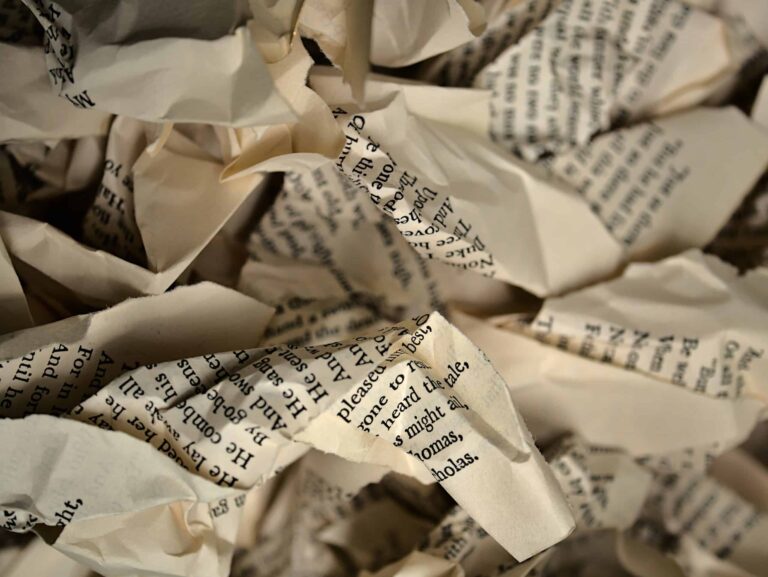The analysis by the Journalists Protection Committee found that countries with the most restrictions also had the most restrictive press and internet environments.
In these three countries, the media is used as a propaganda tool, and independent journalists are forced to operate from abroad. There is the strict vetting of the few international journalists that are allowed in.
To stifle dissenting voices, other countries on listed resort to both overt methods like harassment and arbitrary detention and covert ones like sophisticated monitoring and targeted hacking. Without further ado, here is a rundown of the countries with more censorship.
Table of Contents
Countries with highest levels of censorship worldwide
The following are some of the countries with the highest levels of censorship:
Eritrea
According to various quality-of-life measures, Eritrea is the least desirable place to live in the world. President Isaias Afewerki has been in office since 1993. As of December 1, 2018, at least 16 journalists were imprisoned in this country, making it the worst jailer of journalists in the world.
Broadcasting remains a state monopoly, and state-employed journalists are afraid to criticise the government for fear of losing their jobs. In addition to periodic signal congestion, the low quality of the government-controlled internet also makes it difficult to access other sources of information, such as the internet or satellite broadcasts of radio stations in exile, as reported by DW Akademie.
Eritrea’s communication ministry denied any requests from other scholars and journalists to see the detained, leading to speculation that as many as seven journalists may have perished in captivity. The Ministry of Communications in Eritrea reviews all planned publications before they are made public.
North Korea
Kim Jong Un, who became the leader of North Korea after the death of his father, Kim Jong Il, in 2011, is currently in charge. Journalists Without Borders consistently rates the country lower on its annual World Press Freedom Index.
The public can only tune in to the radio to hear official government announcements. In North Korea, it is illegal to listen to or watch foreign radio or television transmissions. In addition, there is only one college degree required to become a journalist in North Korea. The dean and administrators of that college or university prepare the student for the profession through ideological testing and a rigorous background check. Four to five years is the standard trial period for a competent journalist.
Journalists in North Korea are expected to support the ruling party and Kim Jong Un intellectually and theoretically. A majority of North Koreans do not have access to the internet. Those in high positions are the only ones who have access to the world wide web.
Saudi Arabia
In Saudi Arabia, the government sets the rules for what may and cannot be read, watched, or viewed online. Journalists Without Borders (JWB) has accused the Saudi Arabian government of “brutal repression on the media and the internet” in its 2014 reports.
Broadcasters at the King Abdulaziz City for Science and Technology (KASCST) provide Internet service in Saudi Arabia. Google Translate and Wikipedia were both blocked by the authorities. That’s because it’s been proven that you can access otherwise-blocked websites by using the translation tools provided by those websites.
Most sexual content is deemed inappropriate for international audiences and subject to censorship. Broadcasting images of men or women depicting sexually suggestive behaviours is prohibited because such content falls under the category of “adult” and “nudity,” both of which are illegal.
China
In terms of scope and sophistication, China’s censorship system is unparalleled. Many journalists have been imprisoned in the country, making it one of the top jailers of journalists worldwide. According to the news, the government closely monitors both privately owned and state-controlled media outlets. And those who do not comply with the Chinese Communist Party’s directions face suspension or punishment.
The CACP (Cyberspace Administration of China’s Permission) has made it illegal for any website or social media account in the country to offer online news service as of 2017. The Great Firewall prevents citizens from accessing foreign-based resources like social media, search engines, and news outlets. In March of 2018, the Ministry of Industry and Information Technologies (MIIT) published new regulations. These prohibit the use of virtual private networks (VPNs) that are not authorised by the government.
With the help of monitoring software and specially skilled censors, authorities keep tabs on domestic social media networks. YouTube, Twitter, and Facebook, all of which are based in other countries, are forbidden. Surveillance and censorship are commonplace in the northwest Xinjiang province. There, the government has incarcerated up to three million Turkic Muslims and Uighur in so-called reeducation centres.
Censorship, high levels in many other countries
This list is limited to nations where government authorities exert strict control over the news. In addition to these, the countries of Equatorial Guinea, Turkmenistan, Iran, Vietnam, Belarus, and Cuba, are also included.
Press freedom and Journalists face severe challenges in many countries. This includes Yemen, Syria, and Somalia, although this is not always the result of state control. When there is an armed conflict, inadequate infrastructure, or the involvement of non-state actors, it creates a climate where journalists are in danger.












